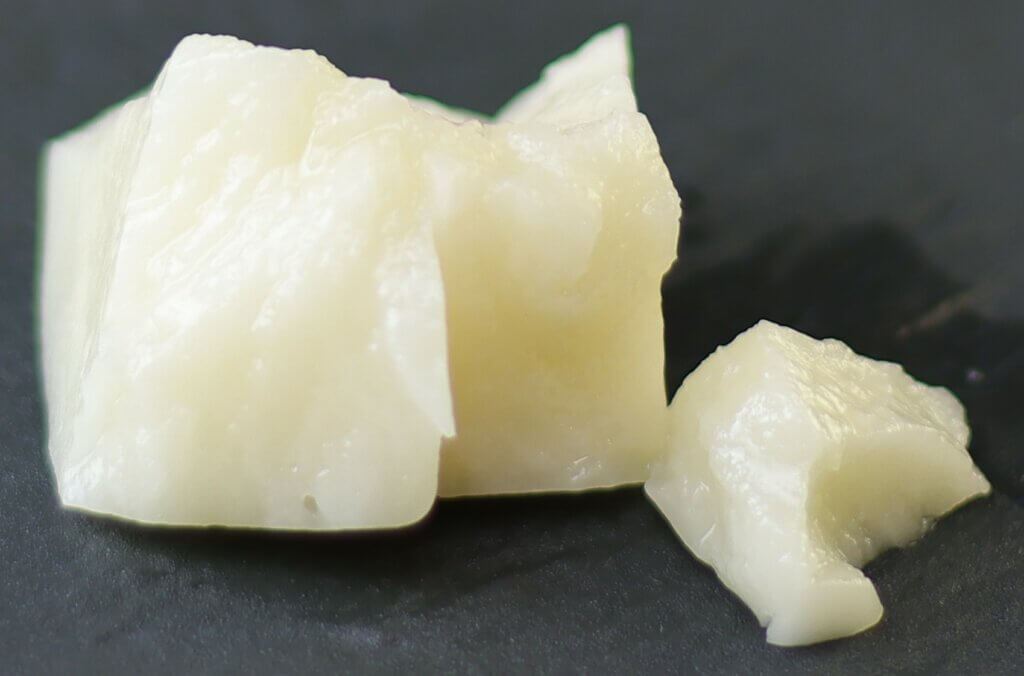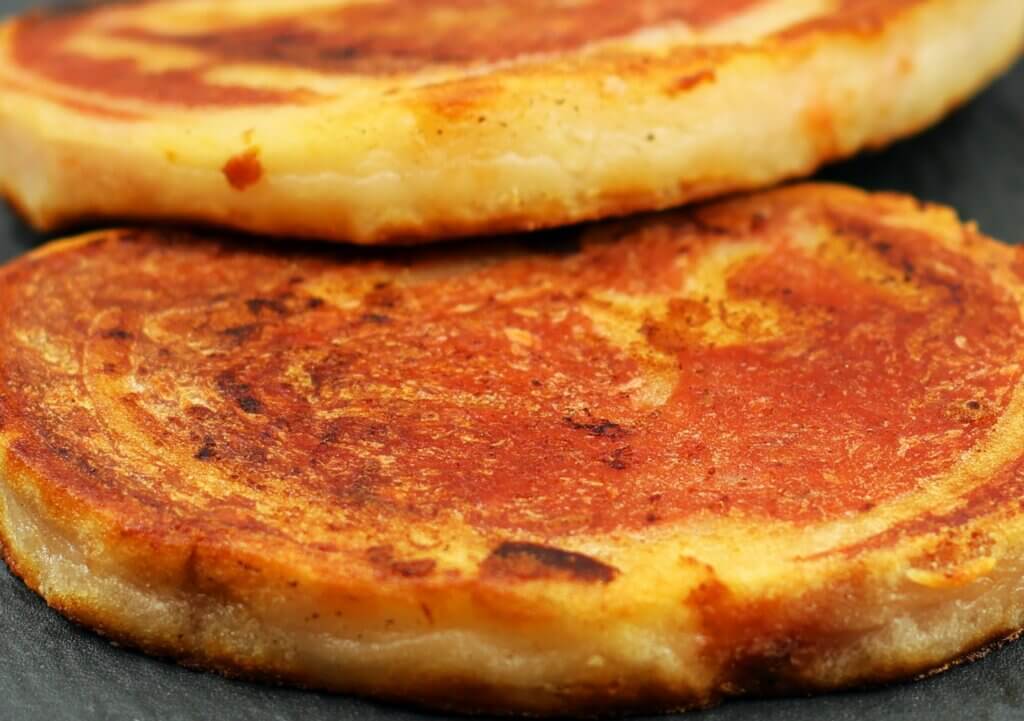
Many plant-based products rely on saturated palm or coconut fat to achieve the desired texture and mouthfeel, but these fats are not ideal from a nutritional or sustainability standpoint. One of the biggest challenges faced by plant-based burger producers is finding an alternative for coconut fat that provides the same perception and mouthfeel in their products. A problem that requires a solution.
It was one of our customers that first brought this issue at hand to us, looking for an alternative of the above. We at Vaess, Dutch food engineers, were happy to take on the challenged, and developed a revolutionary solution with VascoVega EML, a plant-based melting fat replacer. A game-changer in the world of plant-based meat alternatives that mimics the characteristics of saturated fats while reducing the overall fat content and significantly lowering the saturated fat content.
Plant-based meat with reduced saturated fats without compromising on taste
The customer looking for an alternative found instant success in creating a low-saturated fat product without compromising on taste, texture, or mouthfeel. This melting-fat alternative offers numerous benefits for both consumers and manufacturers. From a nutritional perspective, reducing saturated fat intake is important for maintaining heart health and overall well-being. VascoVega EML allows individuals to enjoy delicious plant-based burgers while keeping their saturated fat intake in check.

Moreover, sustainability is at the forefront of Vaess’s mission. By offering an alternative to palm or coconut fat, which has significant environmental concerns associated with their production, VascoVega EML helps promote sustainable practices within the food industry.
A groundbreaking solution for plant-based meat alternatives that allows manufacturers to create plant-based burgers that are not only delicious but also nutritionally attractive and environmentally sustainable.